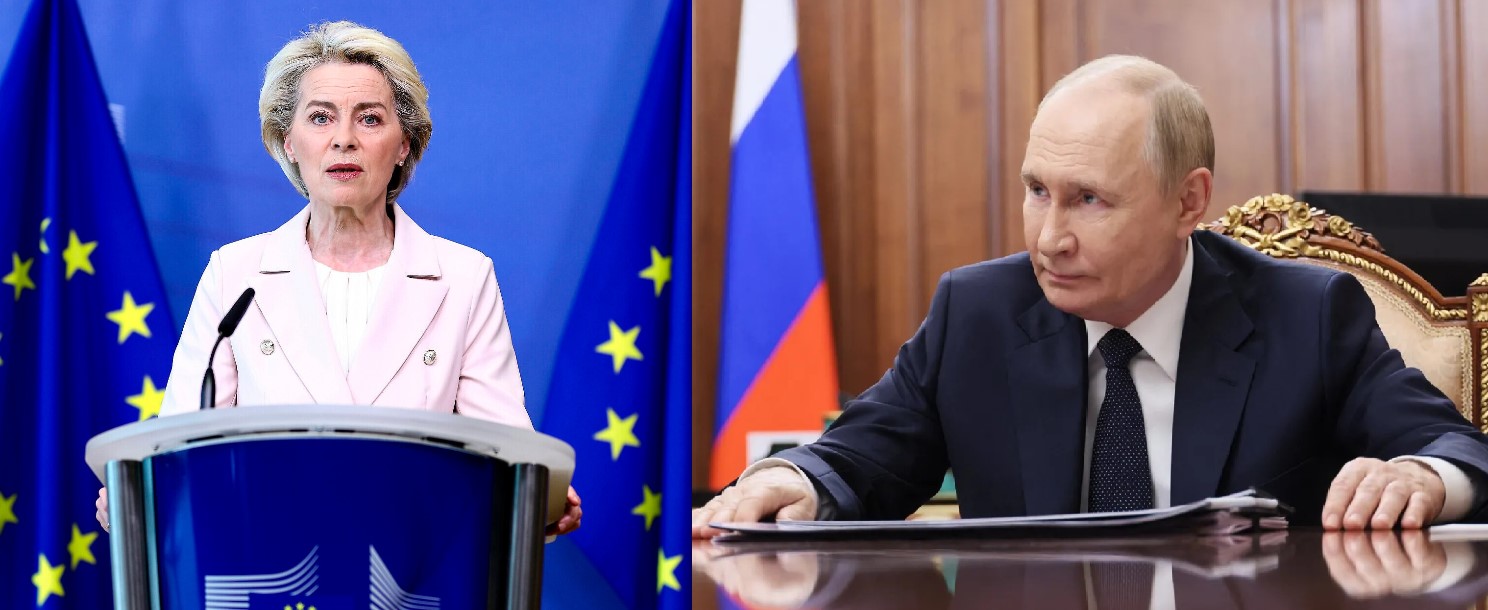India Blocks Azerbaijan’s Bid for Full SCO Membership Over Pakistan and Turkey Ties

India has blocked Azerbaijan’s attempt to gain full membership in the Shanghai Cooperation Organisation (SCO), citing concerns about Baku’s close strategic alignment with Pakistan and Turkey. The decision underscores the growing geopolitical rivalry in the region and highlights how bilateral tensions are influencing multilateral platforms.
While China expressed support for Azerbaijan’s membership, emphasizing the “Shanghai Spirit” of cooperation and inclusivity, India’s veto stalled the bid. According to officials, New Delhi views Baku’s overt military and political support for Pakistan as incompatible with its own strategic interests. Azerbaijan has regularly backed Pakistan’s stance on Kashmir and deepened defense ties with Ankara and Islamabad in recent years, a factor that raised alarm in Indian policy circles.
Diplomatic observers noted that India’s move reflects a broader strategic posture. Following Operation Sindoor and the Pahalgam terror attack, both Azerbaijan and Turkey openly voiced support for Pakistan, sparking public anger in India and calls for boycotts of Turkish and Azerbaijani goods. New Delhi’s latest decision is being described as a continuation of that hardline approach.
In response, Pakistan blocked Armenia’s SCO membership bid, seen as a direct counter to India’s stance on Azerbaijan. This tit-for-tat action has further polarized the bloc, highlighting how regional rivalries are spilling into multilateral institutions.
Azerbaijan’s President Ilham Aliyev criticized India’s veto, calling it politically motivated and declaring that Baku’s partnerships with Pakistan and Turkey would remain unchanged. Officials in Baku argued that India’s move contradicts the multilateral ethos of the SCO, which is supposed to prioritize consensus, cooperation, and respect for sovereignty over bilateral disputes.
The SCO, founded in 2001 by China, Russia, and Central Asian states, has expanded over the years to include India, Pakistan, and Iran as full members. It positions itself as a platform for Eurasian security, economic cooperation, and political dialogue. However, the latest developments suggest that bilateral rivalries are increasingly shaping its decision-making, raising questions about the bloc’s future effectiveness.
Implications Going Forward
-
China’s backing may encourage Azerbaijan to pursue closer ties with Beijing and other allies.
-
India–Pakistan rivalry could further dominate SCO proceedings, reducing the group’s ability to function as a neutral regional body.
-
Regional polarization may intensify, with Armenia and Azerbaijan’s disputes now reflected within the organization’s expansion process.
-
Trust in SCO’s consensus model may weaken if political disputes continue to dictate membership decisions.
India’s decision to block Azerbaijan’s entry reflects its firm stance on protecting national interests against adversaries aligned with Pakistan and Turkey, but it also risks deepening divides within an organization that was originally designed to promote regional harmony.
✍️ This article is written by the team of The Defense News.






